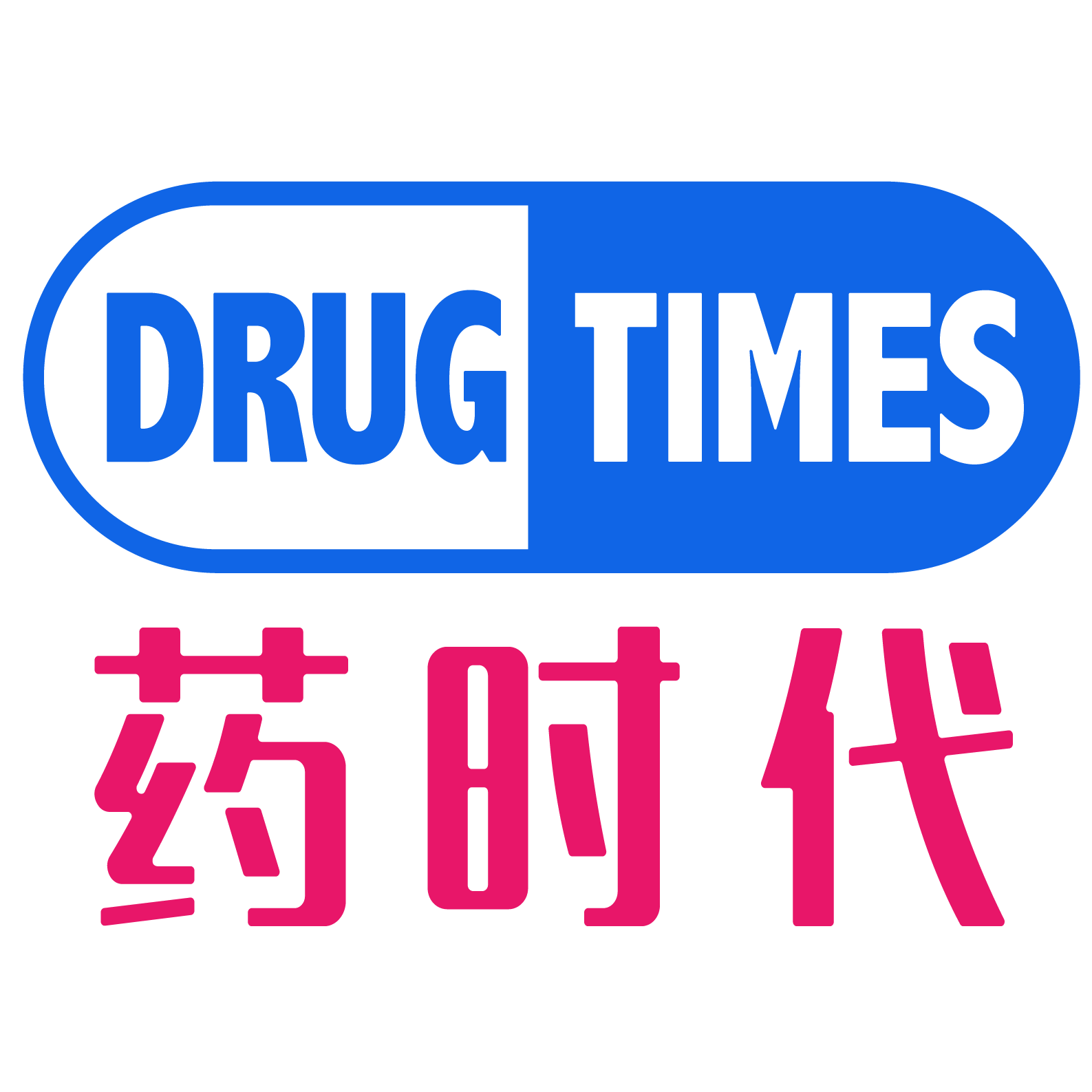
The global development of GLP-1 analogs for weight loss is highly competitive, with over 40 GLP-1 drugs in Phase II and beyond targeting this indication. No doubt at all, the leaders in this packed track are Semaglutide and Tirzepatide.
Semaglutide: The OASIS 1 study, a global Phase IIIa trial spanning 68 weeks, evaluated the efficacy and safety of Semaglutide in 667 overweight or obese adult patients with one or more comorbidities. These patients were given 50 mg of oral Semaglutide once daily for weight management. After 68 weeks of treatment, the Semaglutide group experienced a 17.4% (18.34 kg) weight loss, significantly more than the 1.8% (1.9 kg) loss in the placebo group. Moreover, 89.2% of Semaglutide recipients achieved a weight loss of 5% or greater, in contrast to approximately 24.5% in the placebo group.
Tirzepatide: In the SURMOUNT-CN Phase III clinical trial, a randomized, double-blind, placebo-controlled study, 210 Chinese adults with a BMI of 28 kg/m² or higher, or a BMI of 24 kg/m² or higher with at least one weight-related comorbidity excluding diabetes, were enrolled. Participants were randomly assigned in a 1:1:1 ratio to receive weekly subcutaneous injections of either 10 mg Tirzepatide, 15 mg Tirzepatide, or a placebo for 52 weeks. By week 52, the average weight loss for the 10 mg and 15 mg Tirzepatide groups was 13.6% (12.3 kg) and 17.5% (16.1 kg), respectively, compared to just 2.3% for the placebo group. Notably, 87.7% and 85.8% of subjects in the 10 mg and 15 mg Tirzepatide groups, respectively, achieved a weight loss of 5% or more, while this was the case for only 29.3% of the placebo group.
A critical question worthy of note: What is the current landscape of obesity drug development in China?
At the 2024 American Diabetes Association (ADA) Scientific Sessions, several Chinese pharmaceutical companies, including Hengrui Medicine, Innovent Biologics, and Gan & Lee Pharmaceuticals, showcased their advancements in GLP-1 drug development for weight loss.
Hengrui Pharmaceuticals revealed Phase II outcomes for its GLP-1/GIP dual receptor agonist, HRS9531. The 24-week treatment led to weight reductions of 5.4%, 13.4%, 14.0%, and 16.8% in the 1.0 mg, 3.0 mg, 4.5 mg, and 6.0 mg dosage groups, respectively, significantly outperforming the placebo group’s 0.1% decrease. Hengrui’s HRS9531 also demonstrated improvements in metabolic indicators and a favorable safety profile, positioning it positively in Phase III development for obesity treatment.
Hengrui Pharma’s detailed Phase II study (NCT05881837) included 249 Chinese adults aged 18-65 with a BMI of 28-40 kg/m². After 24 weeks, the drug significantly reduced body weight in a dose-dependent manner, with the 6.0 mg group showing the most pronounced effects. The study also reported improvements in waist circumference, blood pressure, and metabolic markers, along with a good safety profile.
Innovent Biologics disclosed results from the Phase III GLORY-1 study of Masidutide, where the 4 mg and 6 mg dosages led to weight reductions of 10.72% and 13.14% after 32 weeks. Furthermore, the high-dose 9 mg Masidutide from a Phase II study achieved a 15.4% weight loss after 24 weeks, showcasing its promise in weight management.
Innovent Biologics’ Masidutide, in addition to its Phase III results, showed a 14.37% weight loss with the 6 mg dose after 48 weeks in the GLORY-1 study. The drug also improved cardiovascular risk factors and was well-tolerated, with most adverse events being mild to moderate gastrointestinal issues.
Gan & Lee Pharmaceuticals presented data from the Phase Ib/IIa clinical trial of its GLP-1 receptor agonist, GZR18. After 35 weeks, the drug showed a -18.6% weight difference compared to the placebo group. GZR18’s efficacy was found to be superior to existing drugs like semaglutide and tirzepatide when administered weekly or even every two weeks, highlighting its potential in the obesity treatment market.
Gan & Lee Pharmaceuticals’ GZR18 demonstrated in a Phase Ib/IIa study that it could reduce weight by 16.5 kg in 35 weeks with weekly injections and showed efficacy with a bi-weekly dosing regimen as well. The drug is currently in Phase II development.
Other domestic companies like Innogen Pharmaceutical, East China Pharmaceutical, Sciwind Biosciences, and BrightGene Bio-Medical Technology are also making strides in GLP-1 drug development for obesity, with some presenting early clinical weight loss data at the ADA conference, indicating a promising future for these therapies in China.
These presentations indicate that the era of domestically developed GLP-1 drugs for weight loss in China is on the horizon, with significant implications for the future of obesity treatment.
发布者:DrugTimes001,转载请首先联系contact@drugtimes.cn获得授权

 为好文打赏 支持药时代 共创新未来!
为好文打赏 支持药时代 共创新未来! 